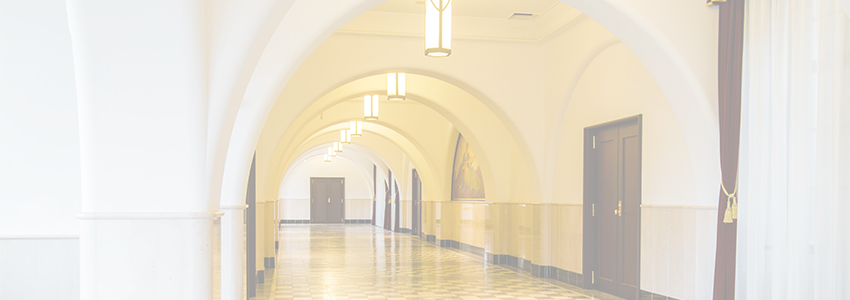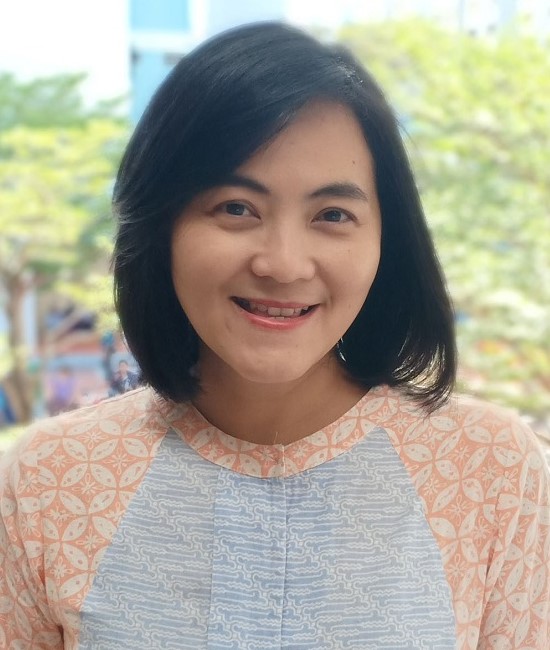My research centres around the relationship between nature, people, and well-being in urban contexts. As cities continue to urbanise and densify, there is also concern that densification may lead to social withdrawal and the declining of social capital, an aspect of human well-being. Nature in urban areas can help to counterbalance the negative impacts of densification on urban social lives by providing the platform for social interactions and social capital formation while still performing multiple ecological functions. My investigation on the Singapore case study reveals that people’s perceptions of nature are significant mediators to social capital formation rather than provision per se and spatial organisation or spatial design may contribute to differences in social capital. At Tokyo College, I am excited to continue this research by investigating the relationship between nature and social capital in the context of Japanese cities as well as by expanding the research to understand the relationship between nature, social capital, and health in urban contexts.
2021 – Postdoctoral Fellow, Tokyo College
2021 PhD in Architecture, National University of Singapore
2018 – 2020 Project Coordinator, Future Cities Laboratory, Singapore ETH Centre
2017 Visiting PhD researcher, Politecnico di Torino, Italy
2014 – 2015 Research Assistant, Department of Architecture, National University of Singapore
2014 MArch, Tsinghua University, P.R. China
2010 – 2012 Research Assistant, Centre for Sustainable Asian Cities, Singapore
2009 MSc in Building Science, National University of Singapore
2003 Bachelor in Architecture Engineering, Parahyangan Catholic University, Indonesia
Wong, N.H., Jusuf, S.K., Samsudin, R., Ignatius, M. and Eliza, A. 2011. A climatic responsive urban planning model for high-density city: Singapore’s commercial district. In Global Visions: Risk and Opportunities for the Urban Planet. A.G. Brun, B.L. Low, J. Rosemann, J. Widodo (editors). Singapore: Centre for Advanced Studies in Architecture.
2022 – 2024 “What kind of green space stimulates social capital formation in the context of high-density urban environment?” JSPS Grants-in-Aid for Early-Career Scientists. Role: Principal Investigator.







